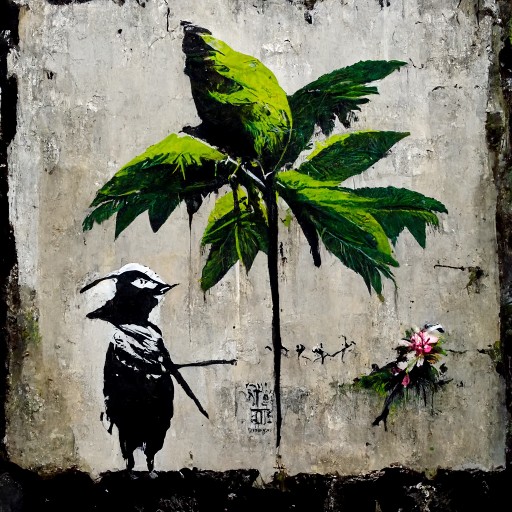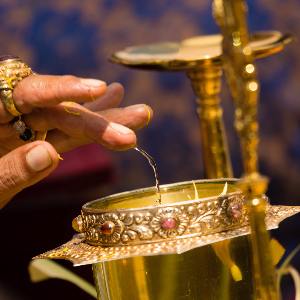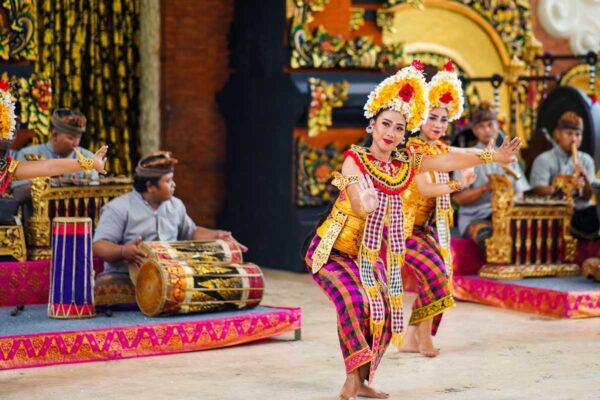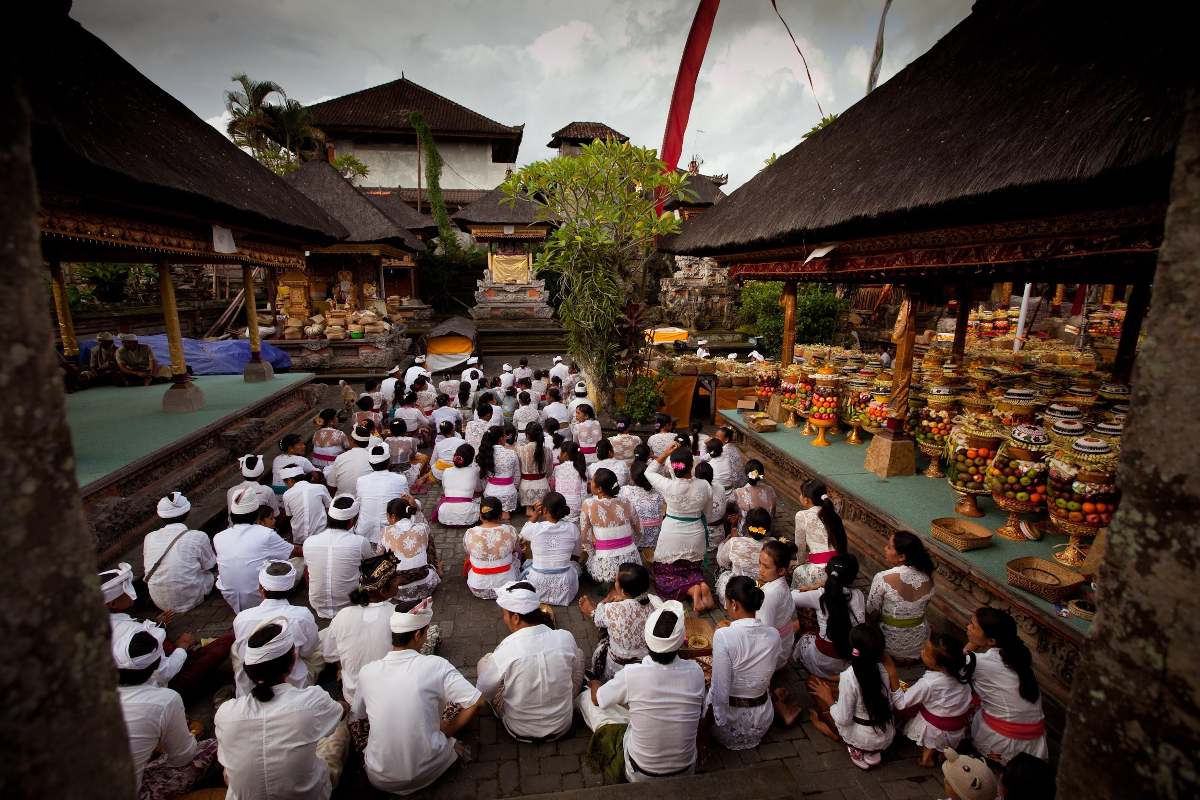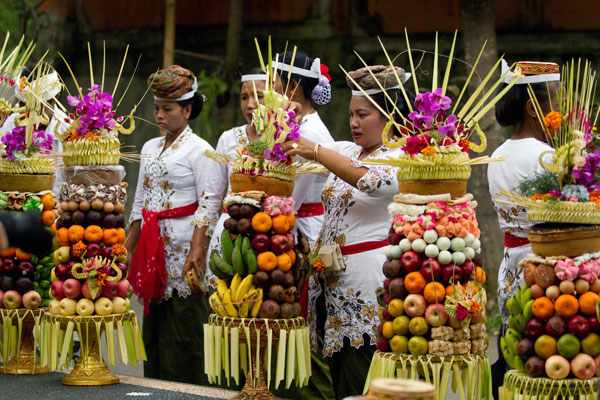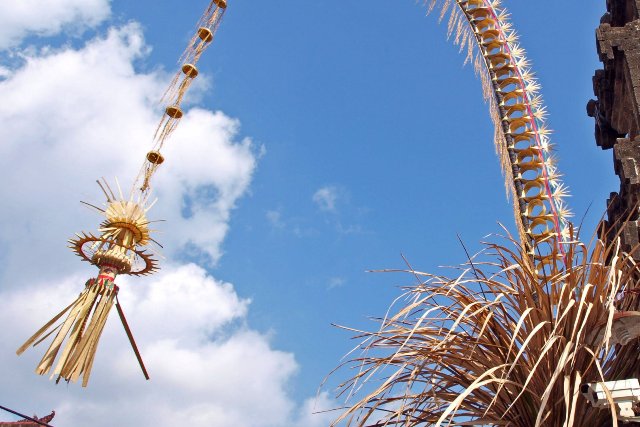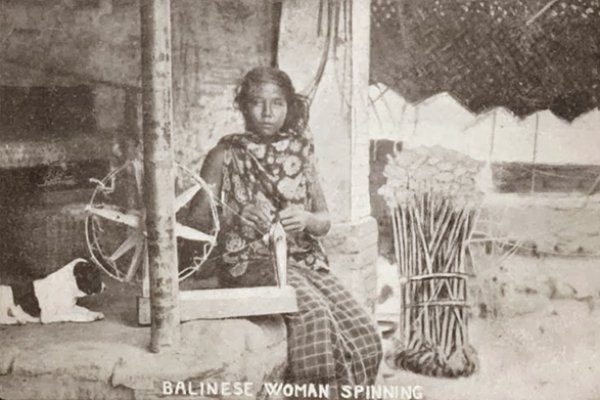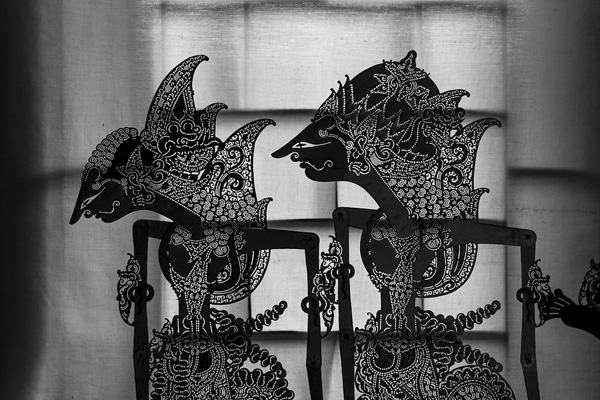No products in the cart.
Regarded as the religion of holy water
Bali’s Hindus are known as “Agama Tirtha,” or the religion of holy water, because holy water, or Tirtha, has always been an integral part of Bali’s Hinduism. Water is a powerful symbol with many meanings, including cleansing, healing, and warding off evil forces. The use of holy water is crucial in religious ceremonies held anywhere from private homes to public temples. Holy water is water that has come from a holy source and been blessed by a holy priest.
The tirtha’s power and sanctity are determined by the water’s origin, the mantra recited during its blessing, and the person who performed the ritual. Sacred water is sourced from holy springs, mountain springs (such as the spring at the peak of Mount Agung) for major festivities on the island.
The delicate steps in tending to holy water
Similarly to other sacred items in Bali, holy water requires special care. The extraction process must be treated with awe and respect by worshipers from the very beginning:
- Form a squatting position, a gesture which implies you are appealing in favor of receiving something precious from nature. The water must then be stored in a clean, new, and never been used for substances other than to keep holy water.
- It must be carried above the head on the way back home from the springs or temple.
- The container must be handled with care and respect, such as holding and passing the bottle using only the right hand, or both hands.
- At home or family temple it must be and stored in the highest place possible, such as a shelf that is higher than people’s heads.
- Never handle it carelessly such as putting it on the floor or stepping over it, as the water would lose it’s mystical power. Those who desecrate it will be considered “Pramada,” which means they are disrespectful and vulnerable to negative forces.
How to Make Holy Water
Those who are in charge of making holy water are called “Pedanda”, a Hindu High Priest, “Pemangku” a common Hindu Priest and sometimes “Dalang” a puppet master. The mantras used and the procession in the making holy water might be different, depending on who is performing the blessing.
Holy water made by “Pedanda”
“Maweda” is the term for this ritual, which is performed daily. The pedanda will prepare for the ritual by cleansing his mind and body. Then he will enter a trance and be able to communicate with the gods. Holding flowers in his right hand while chanting mantras and dropping petals into the water. The Pedanda holy water can then be used to cleanse participants in rituals and celebrations, such as Balinese weddings.
Holy water made by “Pemangku”
The holy water is prepared by regular village priests in the temple where they perform their services, and it can only be used for ritual cleansing. Since the Pemangku is viewed as having less spiritual power, and since they only make connections to the Gods and Goddesses worshipped at their own temples, they will chant a different mantra than the Pedanda.
Holy water made by the puppet master or “Dalang”
Whenever there is a special occasion involving a shadow puppet performance at the temple, the holy water is prepared for the ritual known as “Wayang Lemah.” While chanting a mantra, the Dalang will cleanse the water by dipping one or more of the puppet’s fingers into it.
